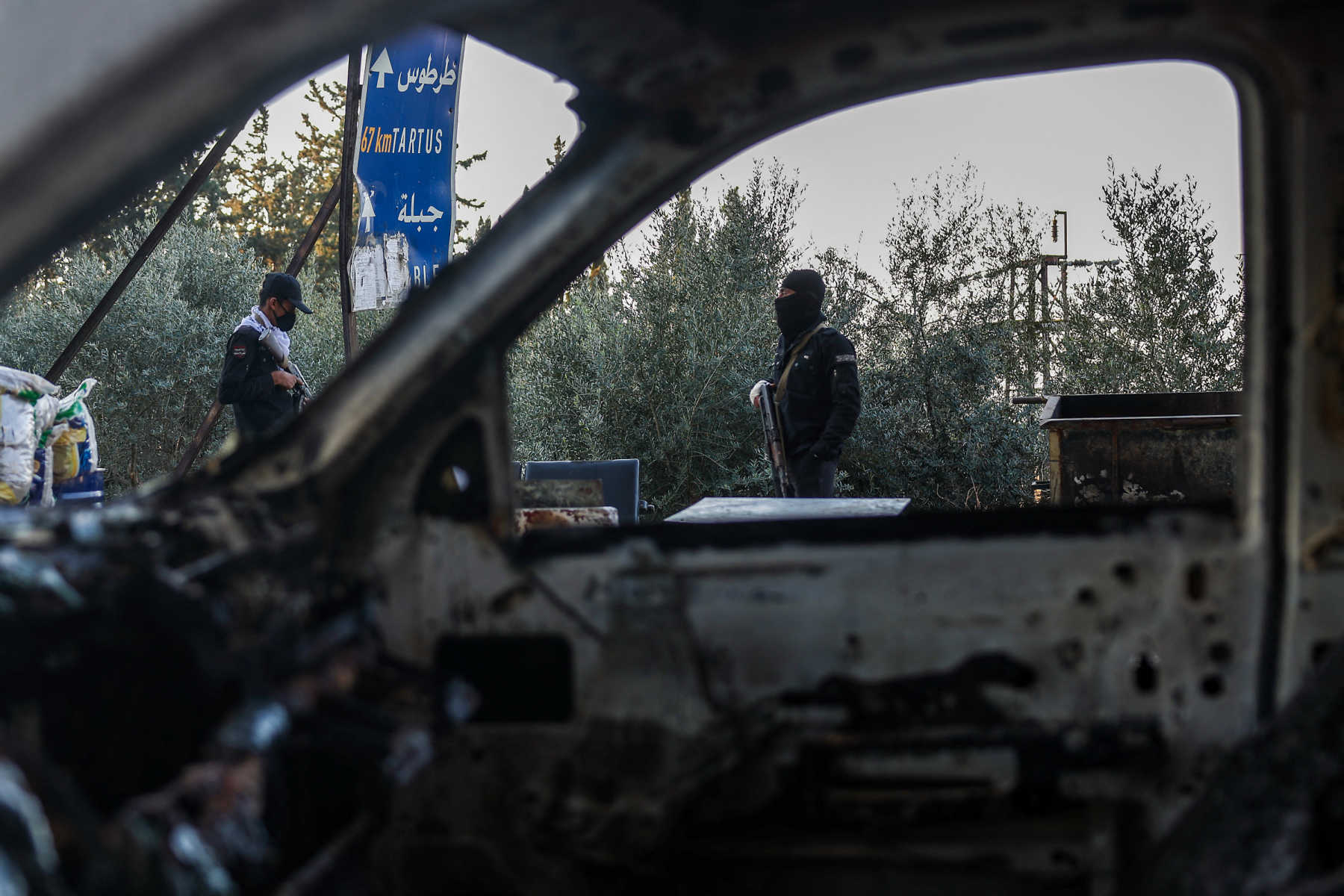DAWN Fellows Analyze Impact, Effectiveness of International Aid Delivery
Washington D.C., March 3, 2024) – U.S. airdrops of aid into Gaza are "a tacit nod to an enduring massacre" and "nothing more than smoke and mirrors, a diversionary charade," said DAWN non-resident fellows in their analysis of the Biden administration's latest response to Israel's war in Gaza. "There is no number of airdropped pallets that can come close to the relief that Gaza needs most: an end to Israel's bombardment and an end to Israel's siege." On March 2, DAWN called on the U.N. Security Council "to establish an international protection force to safeguard Palestinian civilians and ensure the unobstructed delivery of humanitarian aid in Gaza as a last-ditch attempt to avert imminent starvation there."
U.S. military cargo planes began airdropping food into Gaza on Saturday, two days after Israeli troops opened fire on desperate Palestinian civilians gathered around a convoy of aid trucks near Gaza City, killing at least 117 people. President Joe Biden announced the U.S. airdrops on Friday, saying that "the United States will do more." At least 576,000 Palestinians in Gaza, a quarter of the besieged territory's population, are one step away from famine, according to the United Nations.
***
Josh Paul, former director in the Bureau of Political-Military Affairs at the State Department:
"Airdrops into conflict zones are complex, costly and often dangerous operations that logisticians and military planners view as a final option to be pursued only after all diplomatic efforts to facilitate aid delivery have failed. In 1993, for instance, when Serbian general Ratko Mladic refused to let U.N. food trucks reach the besieged civilians of Sarajevo and Srebrenica (war crimes for which Mladic was later sentenced to life in prison), the United States and its allies turned to airdrops to stave off the imminent threat of starvation. That operation, in Bosnia, is just one of several occasions in the postwar era in which the U.S. has conducted airdrops into conflict zones to overcome obstacles placed by an adversary. But I am not aware of any previous instance in which the U.S. has resorted to airdrops to overcome obstacles placed by an ally.
Today it is Gaza that is starving, and any assistance that can be delivered is certainly welcome. But there is no number of airdropped pallets that can come close to the relief that Gaza needs most: an end to Israel's bombardment and an end to Israel's siege. Given that the bombardment in question is being conducted with American weapons paid for by American dollars, the U.S. has immense leverage to push Israel to agree to a cease-fire and open wide the gates of Gaza so humanitarian assistance can flow in. Instead, President Biden has opted for an approach that, far from confronting Israel, avoids even any mention of its role and responsibilities as the occupying force. The fact that he has found it easier to deploy the U.S. military than to stand up to Netanyahu demonstrates the absolutely craven nature of this administration's relationship with Israel. In Sarajevo, we turned to airdrops because our adversaries would not answer. In Gaza, we turn to airdrops because we're not even willing to ask."
***
Diana Buttu, Palestinian lawyer, writer and former adviser to the negotiating team of the Palestine Liberation Organization:
"It's clear that Israel is a rogue state—it always has been. The fact that its primary enabler, the United States, must resort to airdropping food rather than ending genocide shows not only how much of a rogue state Israel is, but also the weakness and complicity of the United States in this genocide."
***
Mouin Rabbani, co-editor of Jadaliyya and non-resident fellow at the Center for Conflict and Humanitarian Studies:
"The airdrops demonstrate Washington's resolve to continue supporting Israel's genocidal siege. It knows airdrops are no more than a drop in the bucket, but it has decided as a matter of policy not to produce a change of course in Israeli conduct. It's nothing more than smoke and mirrors, a diversionary charade."
***
Omar Dewachi, associate professor of medical anthropology and global health at Rutgers, the State University of New Jersey:
"The U.S. humanitarian aid airdrop in Gaza: a mockery of mercy, not a gesture of genuine aid. Instead of quelling the horrors unleashed by Israel in Gaza, it's a tacit nod to an enduring massacre. With one hand, America supplies the bombs; with the other, mere band-aids. It's high time the U.S. aligns with the global outcry for a cease-fire in Gaza. The United Nations Security Council must act with haste to deploy an international protection force, safeguarding Palestinian civilians and guaranteeing the unhindered arrival of humanitarian aid."
***
Nader Hashemi, director of the Alwaleed Center for Muslim-Christian Understanding and associate professor of Middle East and Islamic Politics at the Edmund A. Walsh School of Foreign Service at Georgetown University:
"U.S. airdrops into Gaza represent a morally clarifying moment. It is now official: Bibi is in the driver's seat and Biden is a mere passenger. This horror show will continue for many more months and there will be zero consequences for Israel as it continues to destroy what is left of Gaza, before the eyes of the world."
***
Yara Asi, an assistant professor of global health management and informatics at the University of Central Florida, and the author of "How War Kills: The Overlooked Threats to Our Health":
"Recent reports from Gaza include the deaths of at least a dozen children due to malnutrition; the reality that many in Gaza have been eating grasses and animal feed for weeks to keep themselves alive; and testimonies by humanitarian agencies that this is the fastest deterioration of living conditions they have ever seen. This news of food airdrops by the United States—the same country that has offered Israel tens of billions in military aid and has spent many decades shielding Israel from any accountability for its many documented crimes and violations—is hard to see as anything but a pitiful, cynical ploy to show some attempt at acknowledging Palestinian suffering that is, in reality, a cover for the United States continuing to support the policies that are starving Palestinians to begin with."
















![Security forces loyal to the interim Syrian government stand guard at a checkpoint previously held by supporters of deposed president Bashar al-Assad, in the town of Hmeimim, in the coastal province of Latakia, on March 11, 2025. Syria's new authorities announced on March 10, the end of an operation against loyalists of deposed president Bashar al-Assad, after a war monitor reported more than 1,000 civilians killed in the worst violence since his overthrow. The Syrian Observatory for Human Rights said the overwhelming majority of the 1,068 civilians killed since March 6, were members of the Alawite minority who were executed by the security forces or allied groups. (Photo by OMAR HAJ KADOUR / AFP) / “The erroneous mention[s] appearing in the metadata of this photo by OMAR HAJ KADOUR has been modified in AFP systems in the following manner: [Hmeimim] instead of [Ayn Shiqaq]. Please immediately remove the erroneous mention[s] from all your online services and delete it (them) from your servers. If you have been authorized by AFP to distribute it (them) to third parties, please ensure that the same actions are carried out by them. Failure to promptly comply with these instructions will entail liability on your part for any continued or post notification usage. Therefore we thank you very much for all your attention and prompt action. We are sorry for the inconvenience this notification may cause and remain at your disposal for any further information you may require.”](https://dawnmena.org/wp-content/uploads/2025/04/syria-22039885951-350x250.jpg)




















